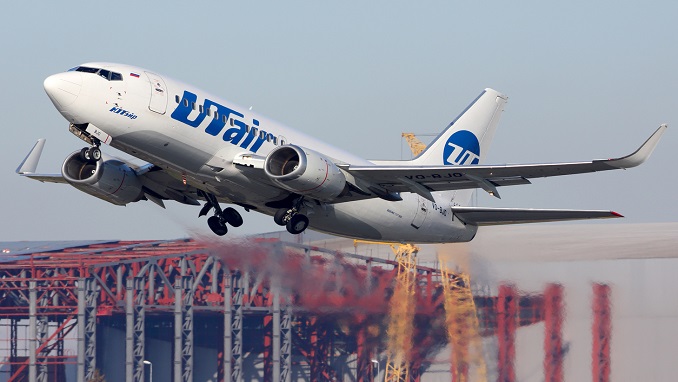Russia’s troubled Utair Airlines has come up with a new development strategy for 2020 through 2025, RBC reported last week. The core of the rescue plan is a combination of a fleet renewal programme with the introduction of Boeing 737 MAXs, as well as concentrating on medium-haul services and the further development of its well-established helicopter business.
The carrier ended 2019 dropping to sixth place in the Russian airline league and remains in ongoing negotiations with its creditors about restructuring its debts which, by the end of 2019, stood at 75.8 billion roubles ($1.2 billion).
Utair currently operates 61 aircraft and plans a radical medium-haul fleet renewal programme before the end of 2025 by introducing 33 Boeing 737MAXs and 14 Boeing 737NGs. The resulting rejuvenated modern fleet will be only marginally bigger at 65 units though as, within the same time period, the airline will retire its entire existing fleet of 30 vintage Boeing 737-500s and six Boeing 737-400s – with an average age of 25 years.
The first contract for six 737 MAXs was signed in 2016, but the worldwide grounding of the MAX fleet and the subsequent uncertainties regarding its production have forced the airline to opt for more NGs.
Utair also plans to maintain its regional fleet of 15 ATR 72 turboprops as well as three wide-body Boeing 767-200s for long-haul routes. However it says its main focus will in future be on the medium-haul services sector – routes in the range of between 2,500 and 6,000 km – as its main sustainable business, which it refers to as “the most promising in Russia in terms of development,” and “the only truly competitive market in Russian commercial aviation.”
The transition to a largely monotype fleet of 737 MAX/NG aircraft types will bring the medium-haul segments back to profitability – “and makes Utair the most efficient airline structure-wise by 2025,” the document reads. The rushed phase-out of 737CLs is also associated with expectations of further rises in fuel prices.












